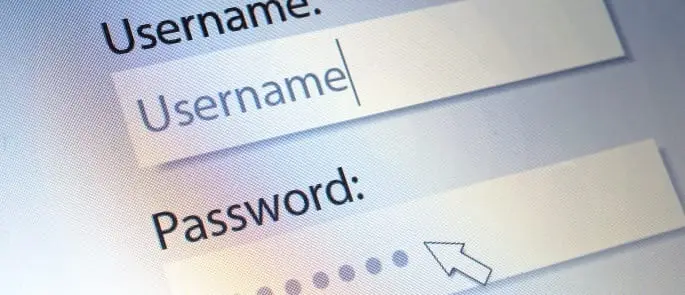The Importance of Strong Passwords In the Workplace
Your employees may believe they have secure passwords, yet it only takes one compromised password to give cyber hackers access to your systems. This is why you should train your staff on cybersecurity best practices, such as how to create strong passwords and how you should avoid opening emails from outside your organization.
Following the pandemic, many businesses either shifted their operations online or increased their level of online activity. Hackers love this because most of these businesses have never invested in cybersecurity. Some companies have lost sensitive data to cyber criminals, while others went out of business as customers shifted to competitors who assured them of cyber protection.
This article will show the importance of strong password protection in your business and tips on creating a strong one.
Why should you have strong passwords?
Passwords are one of the most effective ways of protecting privacy in the digital world. You use passwords to protect your online banking, social media, and email accounts. Hackers have also gotten better at guessing your passwords to access your information and conduct identity theft.
Some of the ways in which they hack your passwords include:
1. Phishing
Phishing involves sending innocent-looking emails to employees, encouraging them to download a malicious document or visit a site through a link. By doing so, you help advance the cyber attack. Downloading the document onto your laptop gives the hackers access to your organization’s computer system.
2. Dictionary attack
This is an automated process in which cyber attackers run all the words and phrases in the dictionary, hoping that one word will match your password. This technique takes advantage of the fact that most people use common phrases as passwords. Companies should advise employees to create passwords with different characters, including numbers and symbols, to avoid dictionary attacks.
3. Brute-force attacks
Brute-force attacks involve using different types of methods to crack your password. The hacker may use clues based on your personal information to guess your password. For example, they may key in your pet’s name, family member, birthdate, hometown, or school. They may also try out some simple but common passwords, such as “123456” or “password.”
Strong passwords protect your employees from hackers. Also, strong passwords help grow your business, as customers will trust you with their information. People don’t like doing business with companies whose systems are vulnerable to cyber-attacks.
Passwords are the bare minimum for protection against hackers. You may not have the resources to set up a cybersecurity department in your company, but you can easily set strong passwords.
Tips on how to create a strong password
Creating strong passwords is not as complicated as you think. By following these tips and tricks, you’ll have a password that will be nearly impossible to crack:
1. Password should be at least 14 characters long
The longer your password, the harder it is to crack it. Many internet security institutes recommend that passwords have 14 characters or more. Password cracking machines may take under 30 minutes to crack a 6-character password. A 9-character password may take as much as 15 days to crack, while a 14-character password may take years to guess.
2. Avoid using names or proper nouns in your passwords
Dictionary and brute-force attacks depend on the victims using names and proper nouns in their passwords. Hackers may run all common phrases and words in the dictionary, hoping to match your password.
When creating your password, avoid using words like your name, family members, and the institutions you attended. Instead of using proper nouns, use a combination of words that don’t exist in the dictionary to give the hackers a hard time cracking your password.
3. Set a unique password for each account
Encourage your employees to avoid using one password for every account they own. Most people use one password for all their accounts to avoid the pain of remembering a password when trying to access an account.
The danger of having one password for all your accounts is that once hackers crack it, they instantly have access to all of your accounts. As a result, they may lock you out of critical services such as your online banking account or work emails.
4. Use a password manager
Password managers can help solve most of your employees’ password problems. For example, people who find it difficult to remember long passwords will not have to worry anymore.
With a password manager, you only need to remember the password giving you access to the password manager. You can set unique passwords with as many as 20 characters for every account in your business.
Conclusion
Strong passwords are one of the simplest ways to protect your business from cybercriminals. It requires the least investment compared to other cybersecurity practices, such as a VPN and anti-malware protection. So be sure to educate your employees on password hygiene.






